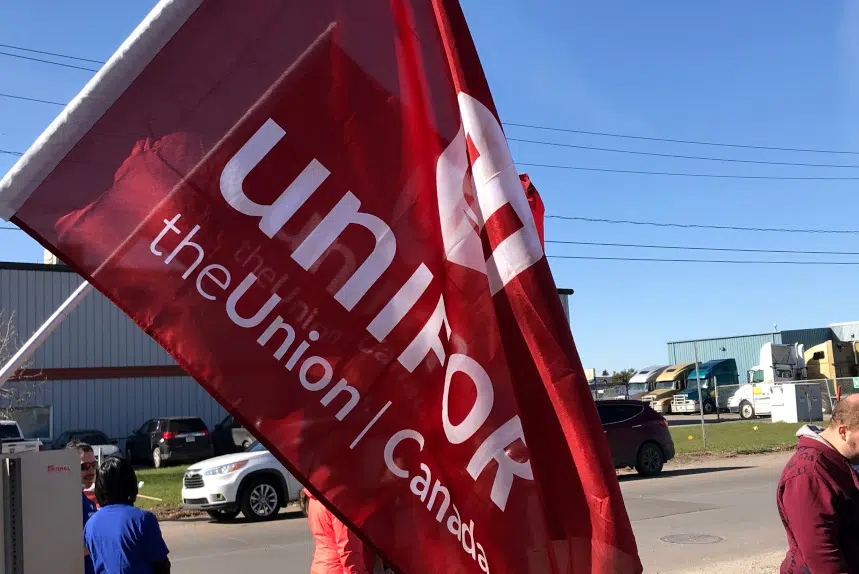The union representing workers locked out of the Co-op refinery in Regina has a message for farmers.
In an open letter on its website, Unifor Local 594 says workers are “in the fight of our lives and careers,” as nothing has worked to resolve a months-long labour dispute. The employees were locked out Dec. 5 after filing strike notice.
“We are in a position where disrupting the flow of fuel to farmers during seeding is the only option we have to get back to work,” the letter says.
“We do not want to do that, but our options are limited when the company does not want a deal. Feeding and providing for our families is the most important thing in the world to us.”
The lengthy spat has largely been about pensions. Unifor wanted workers to have the option to stay on their current defined-benefit plans or to switch to a defined-contribution plan.
On the other hand, the company says changes are needed to keep the refinery sustainable as it transitions to a low-carbon economy. Co-op had offered raises in the first few four years of a new deal and for workers to start contributing to their defined-benefit plans.
Unifor Local 594 has been calling on the provincial government to invoke binding arbitration. Last month, membership rejected what Federated Co-operatives Ltd., called its final offer to end the dispute.
That offer differed from recommendations made by special mediator Vince Ready, who was appointed by the province to bridge the two sides.
Unifor says members would have taken concessions if Ready’s recommendations were accepted.
The letter says many of Unifor’s 730 members are farmers themselves and urges farmers to contact their MLAs to demand an end to the dispute.
“Respectfully, we are asking you as fellow farmers, neighbours and family, to help get us back to work to do what we were trained to do. Agri-food producers are the backbone of the Saskatchewan and Western Canadian economy,” it says.
“We do not want the lockout and fuel production issues to stand in the way of farmers getting their seeding done but FCL doesn’t seem to care.”
In a media release issued May 8, the Agricultural Producers Association of Saskatchewan (APAS) said some farmers already had had difficulty accessing fuel due to a picket line in Moose Jaw.
APAS president Todd Lewis, who farms near Gray, said the last thing farmers need is to have seeding affected by not being able to get fuel.
“In many cases farmers replenish their fuel supply daily and travelling long distances to avoid picket lines is not an
option,” he said in the release. “This is not a matter of convenience. It’s been a cool, wet spring in many areas, and producers are watching their window for optimum seeding conditions start to close.”
APAS said it was hoping both sides in the dispute would work together to ensure the farmers’ fuel supply could be maintained at normal levels.
“Saskatchewan producers are not in a position to weigh in on or resolve the dispute between union and management,” Lewis said. “But disrupting our essential fuel supply at a critical, time-sensitive period for agriculture is not to anyone’s advantage.”







